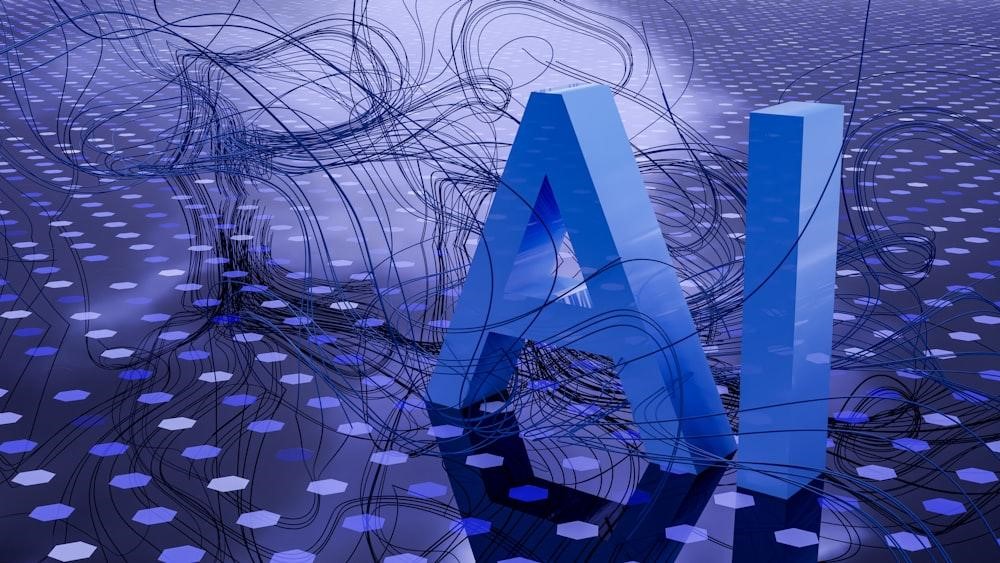-
Get Cloud GPU Server - Register Now!
Toggle navigation

Information technology is everywhere in the world at present. It would be unfair to underrate the role of cyber security in today’s cyberspace. The growing sensitivity and occurrence of cyber threats have made the place of cyber security professionals more relevant since they stand in to prevent phishing alongside many other cyber attacks.
However, alongside these threats, there’s a powerful force reshaping the landscape of cybersecurity: artificial intelligence (AI) and machine learning among others. In this article, we go over how artificial intelligence and machine learning mark the revolutionary stage of cybersecurity jobs’ evolution, shifting from the detection of threats to building new career fields.
AI and machine learning applications are the harbingers of a period of cybersecurity that will be harnessed more in the coming future. AI-powered systems engage in cybersecurity by analyzing tremendous amounts of massive data in a way that allows them to detect anomalies and threats very quickly.
This has led to the integration of AI education into cybersecurity careers as machine learning algorithms are fit for adaption and enhancement leaving an aftermath of consistency in the precision of threat identification. AI plays a top role in preventing cyber threats by identifying malware, detecting suspicious behavior, and even predicting future cyber security attacks.
Contrary to the past, cybersecurity experts were engaged in techniques like network security, incident response, and vulnerable management. On the flip side, artificial intelligence is not only creating new positions but also escalating skills and responsibilities. Human experts now integrate AI-powered threat sensing aids, which provide machine learning models to detect and stop threats better. In addition to that, automation and robotics designed for orchestrating repetitive tasks that would normally take a lot of time for professionals to attend to can be achieved.
On the other hand, AI is expected to be Pandora’s box, both the greatest promoting factor for cybersecurity, and the very cause of ethical and societal issues. One of the risks related to AI in cybersecurity applications is that AI algorithms can introduce unethical problems such as biased algorithms and privacy invasion.
Cybersecurity specialists have to deal with the issues that remain on an ethical basis and ensure AI is used based on the value of integrating responsibility in tech innovation. On top of that, they always keep abreast with law-making institutions concerning AI that are aimed to shield the rights of people and promote ethical AI activities.
AI integration in cybersecurity has a lot of opportunities but also poses some challenges to the industry. Building for AI without a proper plan to integrate AI technologies into present cybersecurity infrastructure may turn out to be a big ordeal that requires many resources.
Additionally, the act of automated intelligence invention which is very swift needs cyber security professionals to maintain focus and readiness. The challenges in developing society at the same time point to innovation as a solution and forward-moving method. Through the adoption of AI-fueled technologies, cybersecurity experts can advance in their profession and also maintain their security networks against ongoing advancements and threats.
Since AI plays a crucial role in changing the cyber security landscape professionals will have to fully engage with this transfiguration process. AI and machine learning empower cybersecurity professionals to upgrade their vulnerability studies, prevent any repetitive operations, and be attentive to all kinds of threats in the future.
On the other hand, they should also think carefully regarding moral issues that may arise from the use of artificial intelligence and concerns with AI integration. The fact of the matter is that if cybersecurity professionals take on board the lifelong learning and innovation in this field, they may be able to perform in the ever-changing digital world.